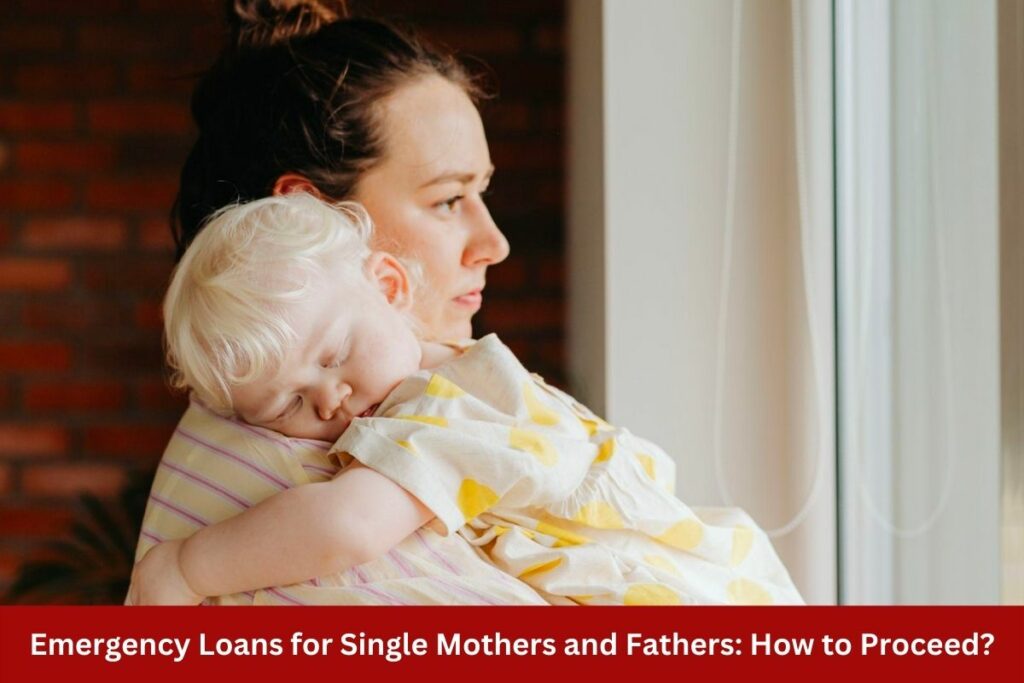Special payments made after you retire might be perplexing, and you may worry whether the Social Security Administration would cut your benefit as a result of them.
If you have any questions, contact the Social Security Administration. In most circumstances, special payments are compensation you get for work you performed before you retired from your position.
According to the Social Security Administration, these contributions will not affect your Social Security pension in most cases.
What Meets the Requirements?
If you worked for regular wages, any money you get after you retire qualifies as a special payment as long as the last job you performed to earn the payment was finished before you ceased working.
Any income you receive after retiring counts as a special payment if you worked overtime. According to the Social Security Administration, special payments might include:
- Bonuses
- Vacation or sick pay that has been accrued
- Severance
- Compensation for unused time
- Pay for being on standby
- Sales commissions are paid out in a variety of ways.
Payments for retirement
Keep in mind that if you were self-employed, special payments include any net income you earn after the first year that you are no longer in the workforce. Before being eligible for Social Security payments, you must have completed the required employment.
The regulations alter if you have not yet achieved full retirement age, even though special payments should not have an impact on your monthly Social Security amount until you are fully retired.
Must read: Millions of unemployed employees still can’t get jobless benefits
You will be restricted in how much you may earn before your wages impact your monthly Social Security benefit check if you choose to claim your Social Security payments early.
For every $2 you earn over the earnings limit while being younger than your FRA for the whole year, the Social Security Administration decreases your payouts by $1. For the year 2022, the earnings cap is $19,560 per year.
If you earn more than the earnings limit and achieve FRA this year, the Social Security Administration will lower your benefits by $1 for every $3 you make over the limit.
This maximum is $51,960 for the year 2022. However, you may get your full benefits in the month you meet your FRA, regardless of how much you earn during that month.
The Social Security Administration website includes a Retirement Age Calculator that you may use to determine your FRA.
This factor changes according to the year you were born. It is crucial to consider while preparing for retirement since yours may be different from your contemporaries’ in certain ways.
The most important thing to understand about special payments is if you already receive money for work you performed before retiring.
That income merely took a long time to reach you; it is unlikely that it would impact your monthly retirement benefits. Sales commissions that are paid regularly are an example of this.
Suppose you worked as a salesman and continue to get commissions due to sales you made before retirement. In that case, this is considered a special payment and will have no impact on your Social Security benefits after you retire.




